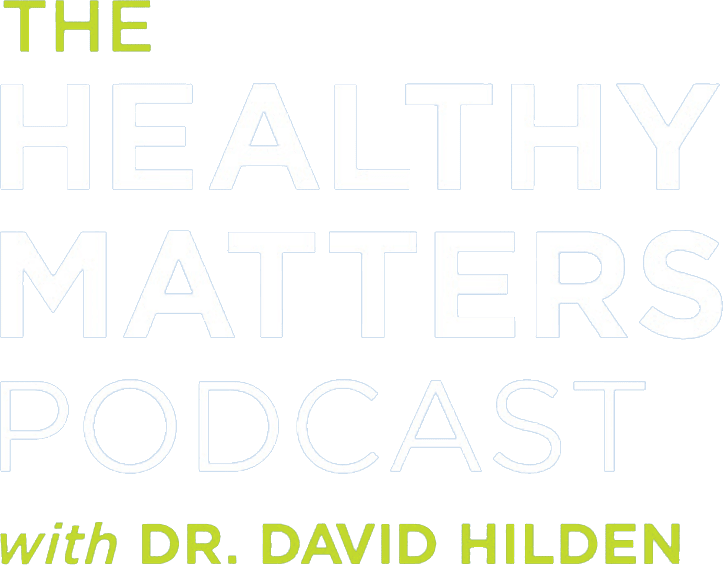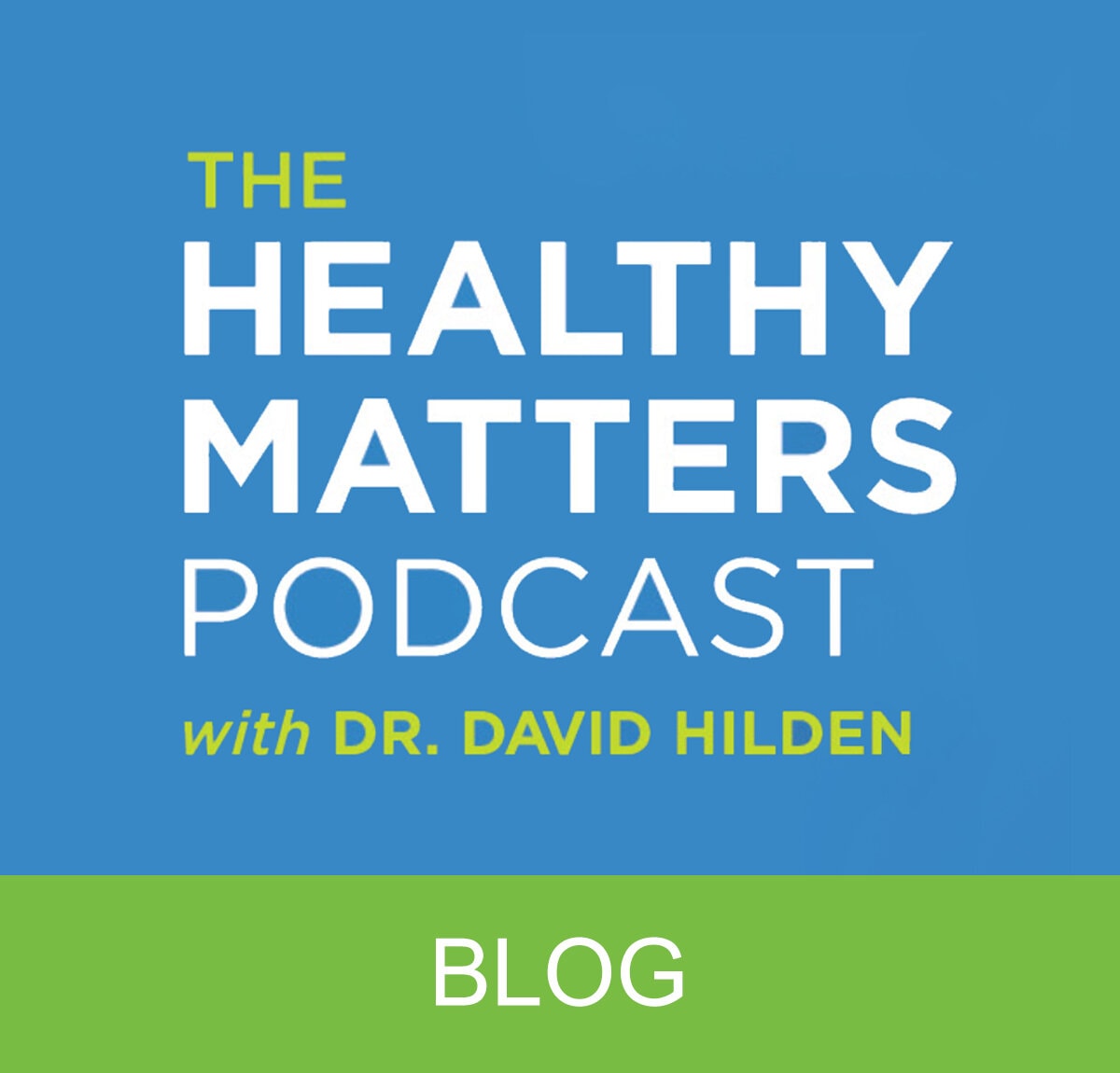Dementia is not normal aging. It’s a disease.
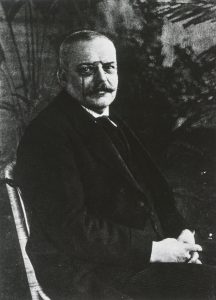 Hi, everybody! I’m back after a bit of a hiatus for a bit of family vacation. Thanks for checking in!
Hi, everybody! I’m back after a bit of a hiatus for a bit of family vacation. Thanks for checking in!
This week’s topic is dementia. We talked about it with an expert colleague on our Healthy Matters radio broadcast and as I mentioned on the air, I’ll use this blog post to dig a little deeper into this expansive topic
Do you know who that is in the picture at left? That’s Dr. Alois Alzheimer. He’s the Bavarian doctor who had a patient, 51 year old Auguste Deter, who back in 1901 was in the Frankfurt asylum. She was forgetting things and acting strangely – a condition he called presenile dementia. Sadly, she was exactly the type of people who ended up in places like asylums at that time. She was to become the first patient with what later became known as Alzheimer’s Disease, named for this doctor who found strange formations in her brain tissue at autopsy. More on that later.
But rather than get into the science of dementia right away, I’d like to get you thinking about what dementia can look like on a more humanistic level. Please check out this 3-minute video – it’s really poignant and tender.
https://youtu.be/b9R4cjdCGoY
Preview of this post
Here’s what you will find in this post should you choose to read further:
- Meet Dr. Abigail Holley. Someone who is uniquely positioned to care for older adults.
- Dementia 101. The scientific/medical basics.
- Links to resources to help you or a loved one who may have cognitive decline. There are some terrific links scattered throughout this post that are interactive, reliable, and really informative. Look for the blue underlined links and click away!
- Two videos – one above about the human aspect of dementia and one near the bottom from the scientific community about latest research. read more…
There’s a virus in my carry-on: Travel Medicine

Source: NASA
There is almost nothing I’d rather be doing than going places all over the world. In fact, I am usually planning the next trip while I’m on the way home from the current one. And if you are fortunate enough to have the means and freedom to travel – this post is for you! (Important to note, I think, that not all people have the privilege of world travel due to lack of freedoms, economic realities, and so forth).
I think international travel is one way in which we can come together with people who are different than us. Learning other cultures, visiting other places, perhaps being the one in the minority (racially, culturally) in a strange new land. These are good for us. It’s hard to judge other people when you’ve visited their awesome country! I’ve met some of the most interesting, perplexing, lovely, hospitable people when abroad. And our Earth has the most breathtaking natural wonders!
Just for kicks – to get you thinking . . .
- What’s the weirdest place you’ve been to? I think for me it may be Cappadocia, in Turkey.

Photo: Benh LIEU SONG via Wikipedia Commons
- What’s your most favorite place to visit? Me: Paris. No contest

Photo: Benh LIEU SONG via Wikipedia Commons
- What’s the most life-changing place you’ve been to? Me: West Bank, Palestine. I’ll tell you about it sometime.
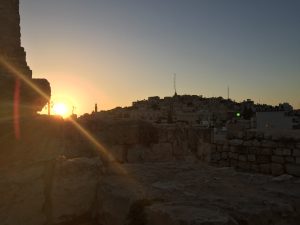
Sunset in the West Bank.
And I’m pretty sure I’m not alone in all this travel enthusiasm. In 2014, over 1.1 billion people traveled overseas to somewhere in the world. Billion with a B. Something like 8 million people fly every single day, spending $2.6 billion every day, or about $30,000 per second.
No wonder the TSA lines require patience of biblical proportions.

TSA line?
In this post I’m going to cover Travel Medicine and health. Read on for:
- General health tips prior to travel
- Links to resources for travelers. Look for the most important link below.
- A few disease-specific issues. Yes, I’ll talk about our new friend, Zika.
Here we go . . .
Book club! How Doctors Think
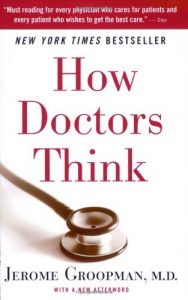 Hi, everybody! For about 2 months I’ve been yammering both in this blog and on the radio broadcast about the current Healthy Matters online book club selection, and it’s time to get to it! As they say in billiards .. “Quit talking and start chalking . . . “
Hi, everybody! For about 2 months I’ve been yammering both in this blog and on the radio broadcast about the current Healthy Matters online book club selection, and it’s time to get to it! As they say in billiards .. “Quit talking and start chalking . . . “
I don’t know about you, but I’ve been reading How Doctors Think by Jerome Groopman. For regular readers of MyHealthyMatters, hopefully you’ve had a chance to check it out. But it’s OK if you didn’t read the book. I’ll bet you’ll have something to add to the conversation even if you didn’t get to read it!
To get you thinking, I’m going to talk about the book in the following format:
- My summary and reflections about an aspect of the book, broken into 3 topic sections
- A few questions for you to consider in response to my reflections. Hopefully you’ll leave a comment at the bottom with your own thoughts.
I’d rather this be a two-way conversation – an online book discussion – rather than just me talking. (I talk enough). I’m most interested in your thoughts so please join the conversation even if you didn’t get a chance to read the book. (Just like in-person book clubs where half the people didn’t actually read the book! You know who you are.) read more…
